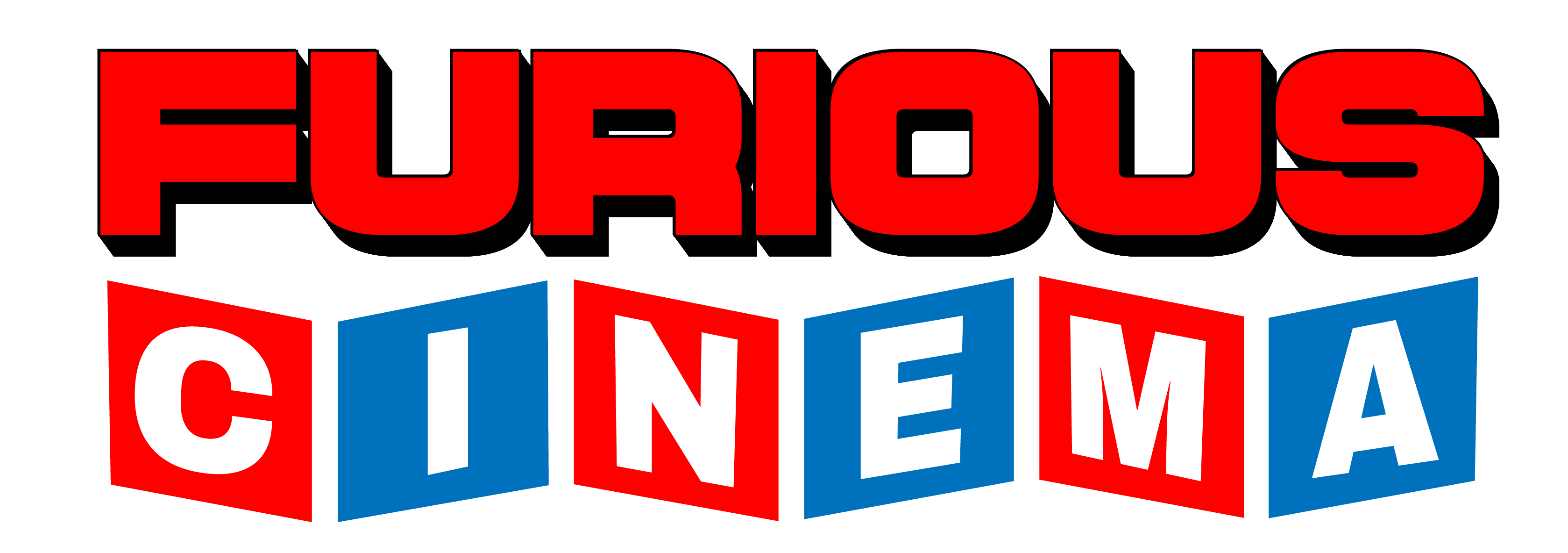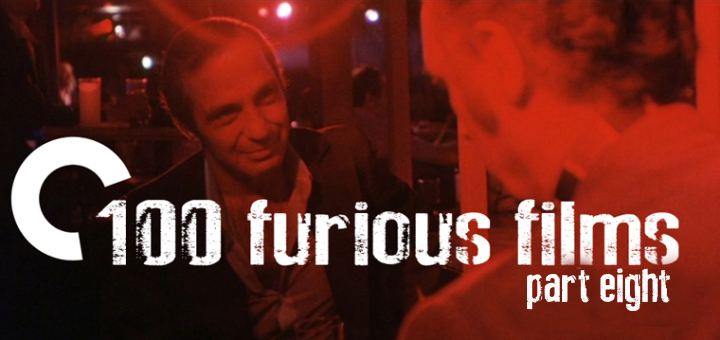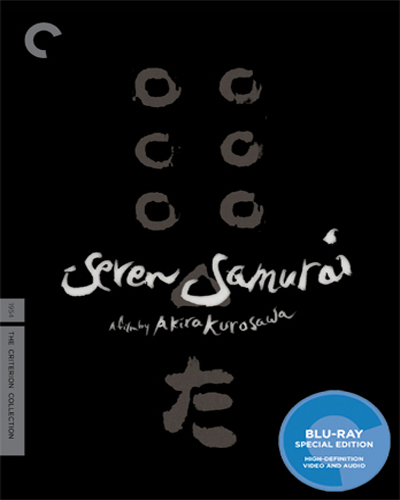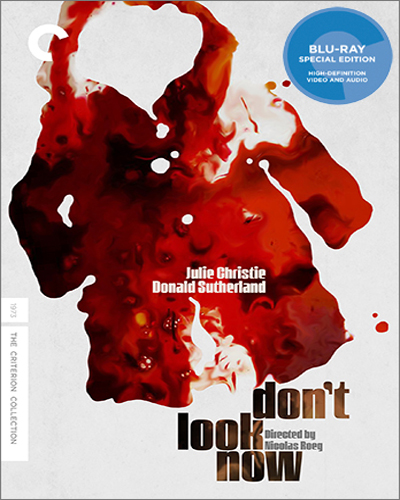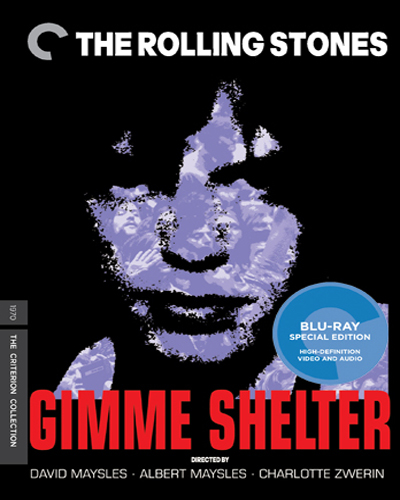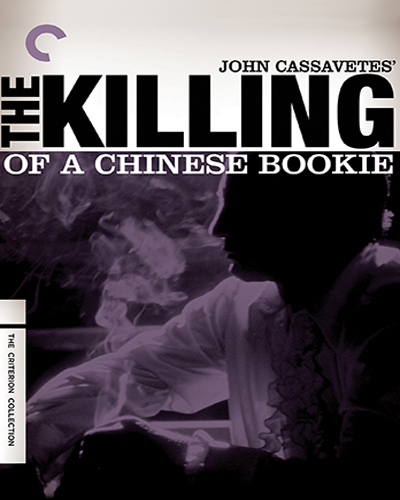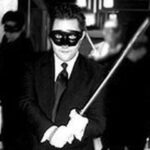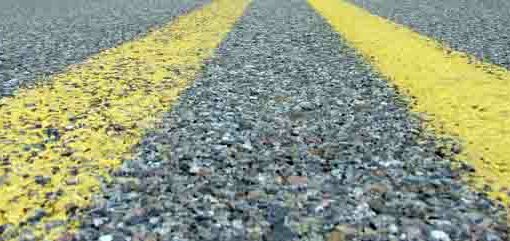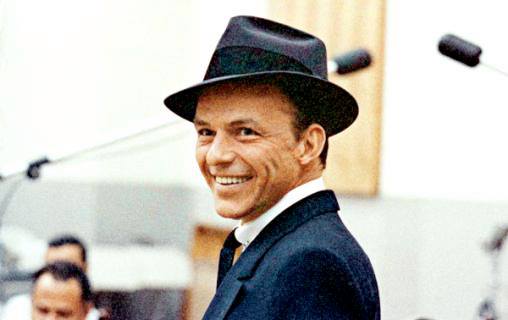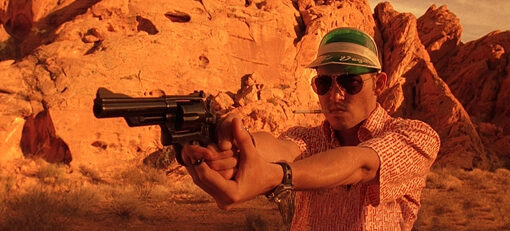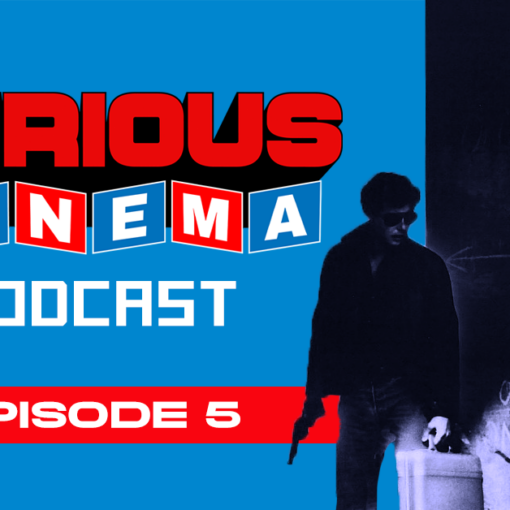If you collect movies on home video, Criterion is one of the legendary companies that have represented a deep appreciation and conservation of cinema in that format since 1984. Their first wave of releases were on Laserdisc and a decade or so later in 1998 they moved into the DVD market. Over the years they have given a gift to movie aficionados by making available hundreds of international cinema classics for their home viewing enjoyment. Criterion is well known for their attention to excellence in how they produce and promote their titles. Whenever you hear of a favorite film that’s getting the “Criterion treatment” you simply know it’s a must own for your library. Without further ado, here’s our new list of 100 Furious Criterion Classics (a 10 part series) we love and recommend to readers for purchase. You can help support this site and our greater Cine-Coalition Network by buying the DVDs/Blus directly from Amazon. We Thank You!
CRITERION PICKS: PART ONE – TWO – THREE – FOUR – FIVE – SIX – SEVEN – EIGHT – NINE – TEN
Seven Samurai (1954, Dir: Akira Kurosawa)
Set in 1587 during the Warring States period in Japan, a poor village comes under attack by a group of roving bandits and its residents decide to hire seven ronin to protect them. Kurosawa’s first samurai masterpiece was highly influential on the action genre and the “gathering of heroes” plot device that would reused again and again from The Guns of Navarone to Guardians of The Galaxy. An epic sensation that combines humor, action, romance and camaraderie to brilliant effect and still holds up against any modern film. Starring Toshiro Mifune Takashi Shimura, Daisuke Katō, Isao Kimura, Minoru Chiaki, Seiji Miyaguchi, Yoshio Inaba.
Don’t Look Now (1973, Dir: Nicholas Roeg)
Following the accidental death of their young daughter, John (Donald Sutherland) and Laura Baxter (Julie Christie) move to Venice, Italy where his business is restoring an ancient church. Their life is thrown into more turmoil when they get a message from psychics that their daughter is trying to contact them. They also begin experiencing mysterious sightings of her in a red raincoat around the city. An atmospheric and disturbing psychological chiller that examines the grieving of those with lost loved ones. Adapted from the short story by Daphne DuMaurier.
Gimme Shelter (1970, Dir: The Maysles Brothers)
Named after the Rolling Stones’ track from their album Let It Bleed, this documentary captures the last few weeks of The Stones’ 1969 tour and their performance at Altamont Speedway outside San Francisco. The concert is now infamous for being the “anti-Woodstock” due to a murder that occurred and the involvement of the Hells Angels as security guards who were anything but peaceful. The style of the film was inspired by the Direct Cinema movement which was a form of cinema verite that was about capturing the reality and the truth of the subject matter as it unfolded.
The Killing of A Chinese Bookie (1976, Dir: John Cassavetes)
Ben Gazzara (Road House) plays nightclub owner Cosmo Vitelli who has an outstanding gambling debt which he owes to a mob supported loanshark. When Vitelli makes it known that he can’t fulfill his entire payment, the mob uses it as a ploy to force him to be a hitman for one night. Vitelli relents but when his life is threatened he goes ahead with the assassination of a man he thinks is a small time criminal, but who is actually the head of the Chinese mafia on the West Coast. The supporting cast features Seymour Cassel and Timothy Carey who both appeared together in Minnie and Moskowitz.
F For Fake (1973, Dir: Orson Welles)
Not so much a traditional documentary as a stylized film essay done in a way only a genius like Orson Welles could come up with. Welles is captivating as usual in the last completed film which he co-wrote, directed and starred in about the intriguing topics of art forgery, authorship, illusion and mystery. Co-starring Oja Kodar, Joseph Cotten, Elmyr de Hory, Clifford Irving.
The Last Temptation of Christ (1988, Dir: Martin Scorsese)
Based on Nikos Kazantzakis’ 1953 novel, this controversial and magnificent masterwork focuses on the turbulent life of Jesus Christ and his mortal temptations such as fear, lust and depression. Willem Dafoe gives a truly extraordinary performance as the conflicted, tortured son of God. The great supporting cast includes Harvey Keitel, Barbara Hershey, Harry Dean Stanton, David Bowie and Verna Bloom. Screenplay by Paul Schrader, Martin Scorsese and Jay Cocks. Score by Peter Gabriel.
The Third Man (1949, Dir: Carol Reed)
American pulp Western novelist Holly Martins (Joseph Cotten) travels to Vienna during the Allied occupation to find his old friend Harry Lime (Orson Welles) who has contacted him about a job. When he arrives, he discovers Lime has recently been killed in a mysterious accident. This leads Martins to investigate what happened to Harry and he comes to learn some disturbing facts about his old friend. A masterpiece of film noir that is visually extravagant with its use of expressionist photography and off kilter Dutch angles. The jubilant zither score by Anton Karas that contrasts against the dark mystery taking place is another highlight. Co-starring Alida Valli and Trevor Howard.
Modern Times (1936, Dir: Charlie Chaplin)
The continuing adventures of the iconic “Little Tramp” who is trying to adjust to working in a modern factory. One of Chaplin’s most famous comedy classics is also a commentary on The Great Depression, which was, as he saw it, caused by the effects of an industrialized society. An influential and brilliant work of silent cinema with iconic sequences featuring the Tramp frantically trying to keep up the pace on an assembly line and being force fed by a newfangled automatic food machine. Co-starring Paulette Goddard, Henry Bergman, Stanley Sandford, Chester Conklin.
House (1977, Dir: Nobuhiko Obayashi)
A unique cult horror classic about a young girl named Gorgeous (Kimiko Ikegami) who goes to see her sick aunt (Yoko Minamida) with pals Melody (Eriko Tanaka), Kung Fu (Miki Jinbo), Prof (Ai Matsubara), Mac (Mieko Sato), Sweet (Masayo Miyako) and Fantasy (Kumiko Oba). When they arrive the teens encounter a supernatural evil that begins attacking them one by one. Inspired by the smash hit JAWS, Toho Studios wanted to do a film with a similar theme. The result was something much more offbeat and childlike since the producer used his young daughter’s ideas which weren’t the usual adult oriented subjects but about a surrealistic perspective. Like with the film Godzilla, House also was influenced by the bombings in Hiroshima and Nagasaki where director Obayashi lost many of his childhood friends.
The 400 Blows (1961, Dir: Francois Truffaut)
A semi-autobiographical story starring Jean-Pierre Leaud as Antonie Doinel, Truffaut’s onscreen alter ego. Set in the 1950s, the story follows young upstart Antoine who has conflicts with authority from his parents to the school he attends. He soon strikes out on his own living on the edge of society while evading the law. A deeply personal character study which also acts as a journey through the history of French cinema that Truffaut loved. A timeless, emotionally exurberant masterwork from the forefront of the French New Wave era.
